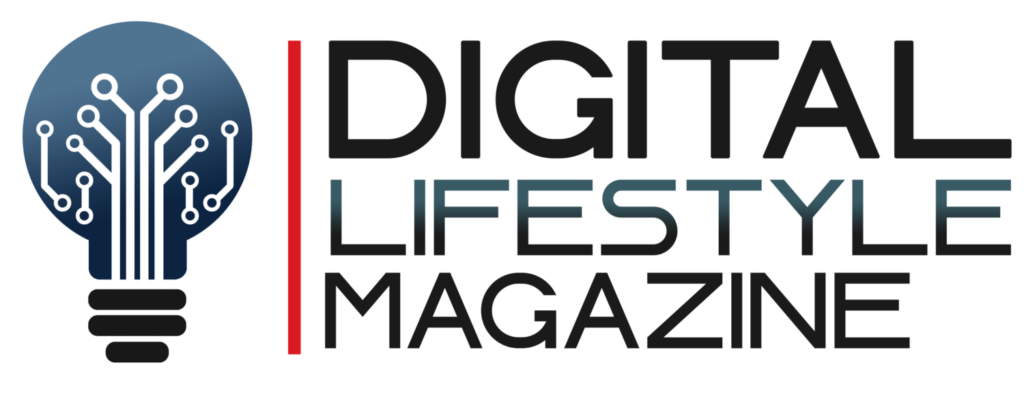Our lives have changed significantly as a result of digital technology, especially our mental health.
Technology has given individuals fresh ways for controlling their mental health, including online therapy appointments and mental health applications. While there have been numerous perks, there have simply been additional difficulties and worries raised.
The impact of digital technology on our mental health, as well as its advantages and disadvantages, are going to be discussed in this piece.
Table of Contents
Advantages of Digital Technology on Mental Health
Online Counseling And Therapy Sessions
Resources for mental health are now more readily available than ever thanks to digital technologies. For example, individuals can now obtain mental health treatments from the ease of their own residences thanks to the growing popularity and accessibility of online counseling and therapeutic services.
This has assisted in removing obstacles to receiving mental health care, such as stigma, poor transportation, and a shortage of mental health experts in some locations. Additionally, it has been demonstrated that for numerous individuals, online counseling is just as helpful as in-person treatment
Mental Health Apps
They may contain resources like cognitive-behavioral therapy (CBT) approaches, breathing exercises, and meditations with guidance. For instance, numerous individuals now utilize applications like Headspace and Calm to aid them in managing their stress and anxiety.
Social Networking Sites
Additionally, social networks have altered how we interact with others and have the ability to improve our mental health. Individuals have a method to interact with others who have had identical difficulties and triumphs thanks to social networking networks.
For those who do not often have a supportive social network, this could be especially helpful. Social media could be utilized to offer mental health options and to increase understanding of mental health problems.
Drawbacks of Digital Technology on Mental Health
Over-Reliance on Apps
Although digital technology has greatly benefited people’s psychological well-being, it additionally brings forth new issues and obstacles. The possibility of over-dependency on technologies for controlling mental health constitutes a particular issue.
Although they might be beneficial devices for reducing tension and anxiety, mental health applications shouldn’t take the place of qualified professional counseling.
Social networking site use could also have detrimental consequences on mental health, including a rise in feelings of isolation, anxiety, and depressive symptoms.
Over Use Of Digital Technology
The possibility that current mental health problems would get worse as a result of digital technologies is another worry. For instance, heavy online social networking usage has been connected to higher levels of melancholy and anxiety.
Additionally, it may result in unfavorable comparisons to others and feelings of inadequacy. Similarly, frequent alarms and messages from our electronics could cause stress and anxiety.
Safety and Security
A further potential issue with technological advances in mental health is concerns regarding confidentiality. Individuals who utilize online counseling services or mental health applications might be worried about the safety and confidentiality of their private data. People should do their homework and pick trustworthy applications and online counseling services that take precautions to preserve their confidentiality.
Methods for Using Technology to Support Mental Health
Healthcare services are now utilizing these technologies to track well-being, avoid issues, and cure them thanks to the internet’s and applications’ continued expansion.
Technology is used in digital well-being, also known as e-health, to promote people’s healthcare and well-being. It refers to using technology for activities like electronic record-keeping, online reservation services, online refill demands, and other more creative hands-on applications. We examine the ways in which technology might benefit mental health.
E-therapy
The Internet enables obtaining mental health care easier, and for certain individuals, utilizing the Internet could assist them get over the judgment that has long been associated with mental illness.
E-therapy initiatives, that employ the internet or smartphone or tablet, are an increasingly common option since they are convenient, need no travel time, and allow for flexible scheduling. These could be useful for those who would feel more at ease discussing issues in private rather than in reality.
Apps
Applications for mental health are practical and available. They might be accessible at any time and from any location, making them a valuable resource for those who would find it difficult to find other possibilities. The majority of applications additionally have specific safeguards in place that enable users to locate data in a confidential and encrypted manner.
Numerous applications, including those that stimulate your thoughts, reduce stress, or monitor your mood, could support mental health. For instance, meditation applications may provide breathing techniques that might enhance relaxation and sleep.
Websites That Offer Rapid Assistance
Anyone with an internet connection could use online resources to learn about mental health issues, their signs and symptoms, and available treatments. Informational websites like NHS and Mind could offer valuable data.
Online, you could frequently encounter folks who have experienced similar mental health issues. Reading about other people’s experiences with mental health may assist you to avoid feeling isolated and confirm your own experiences.
There are numerous different online groups in which individuals could share their experiences with one another, especially forums and communities dedicated specifically to mental health.
Conclusion
The application of electronic tools and platforms for information sharing, communication, and other purposes is referred to as digital technology.
Both positive and bad effects on mental health are possible; for example, it might make resources for mental health more accessible while additionally possibly causing addiction and loneliness.


